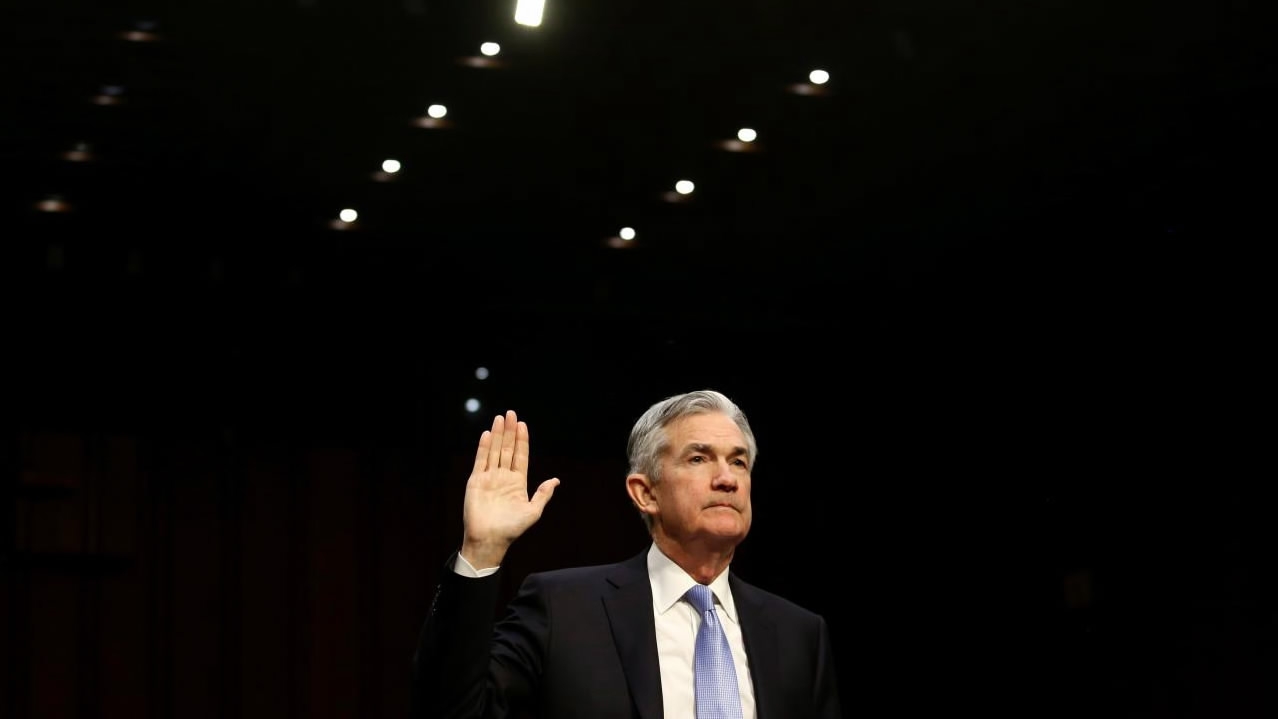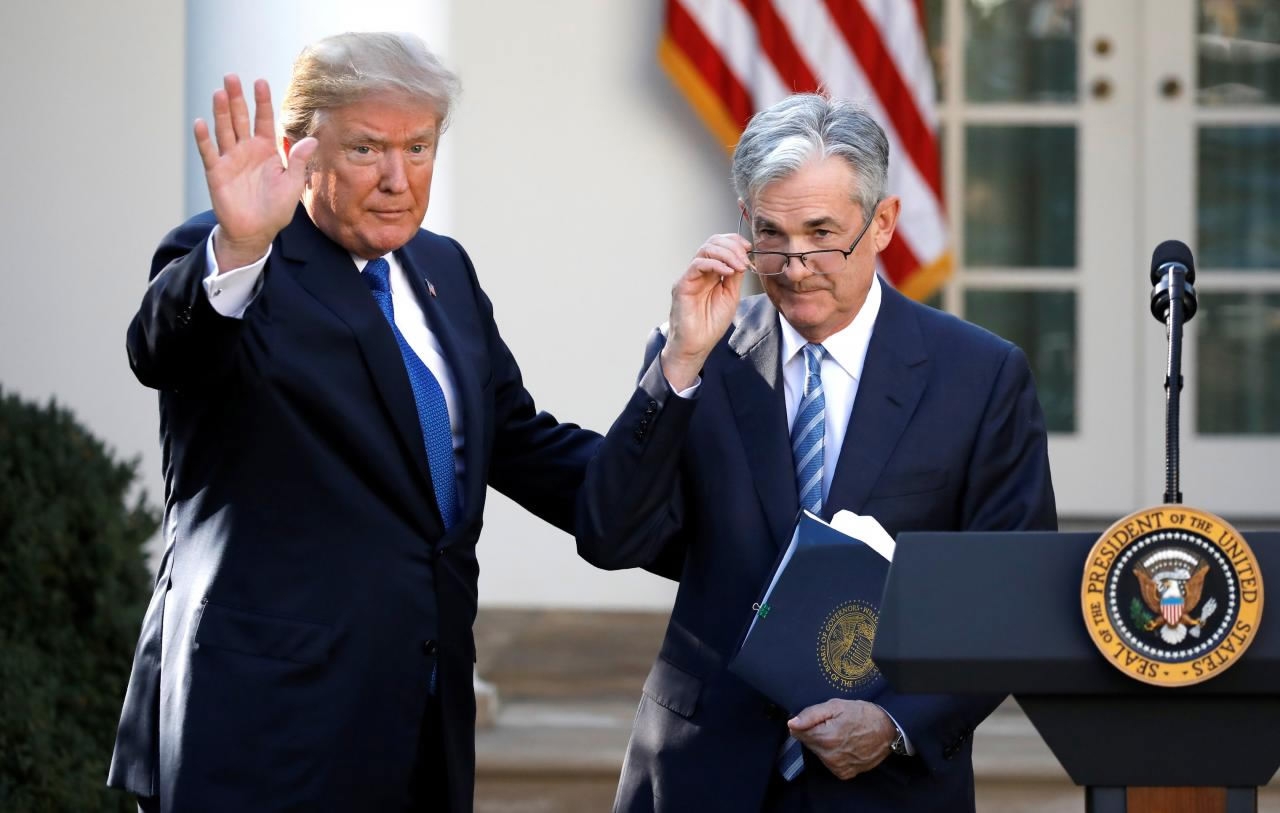
Business
10:24, 29-Nov-2017
Fed chair nominee Powell pledges to stay the course at confirmation hearing
CGTN

Jerome Powell, President Donald Trump’s choice to lead the US Federal Reserve, defended plans to potentially lighten regulation of the financial sector during a controversy-free hearing on his nomination to take over the central bank.
In general, the 64-year-old lawyer stuck close to script, reciting the current Fed consensus that interest rates are due to continue rising gradually, that the course of inflation remains a mystery, and that weak wages and low labor force participation indicate the jobs market still has room to improve.
Tapped to replace current chair Janet Yellen, Powell on Tuesday refused to analyze the impact of proposed tax cuts or argue for more immigration to boost the labor force. He said economic growth was likely bound in a range of between 2 and 2.5 percent annually, short of Trump’s 3 percent goal, without a jump in productivity that many economists regard as unlikely.

US president Trump nominated Powell to be the Fed's next chairman on November 2. / Reuters Photo
US president Trump nominated Powell to be the Fed's next chairman on November 2. / Reuters Photo
The sharpest and most detailed exchanges involved financial regulation, an area Powell has focused on during his years as a Fed governor and where he said it was time to take a pause and evaluate where things stand eight years after the end of a deep 2007 to 2009 recession.
“I am not characterizing what we are doing as deregulation...It is looking back and making sure what we did makes sense,” Powell told the committee. “It does not help anyone for banks to waste money.”
Powell said he wanted to be sure regulations were “tailored” to the size and role of different institutions, perhaps allowing smaller banks more latitude to trade securities and make other investments, and decreasing the frequency and intensity of “stress tests” for all but the largest financial companies.
No Senate committee or floor vote has been scheduled yet, but Powell is expected to win confirmation before Yellen’s term expires in early February.
Powell’s hearing “contained few signs that he will bring any new thinking or a change of approach,” wrote Michael Pearce, US economist for the Capital Economics consulting firm, referring to the nominee as “closely guarded” in his reiteration of existing Fed talking points. “We are increasingly worried that a policy mistake in either direction is possible in the years ahead.”
Source(s): Reuters

SITEMAP
Copyright © 2018 CGTN. Beijing ICP prepared NO.16065310-3
Copyright © 2018 CGTN. Beijing ICP prepared NO.16065310-3